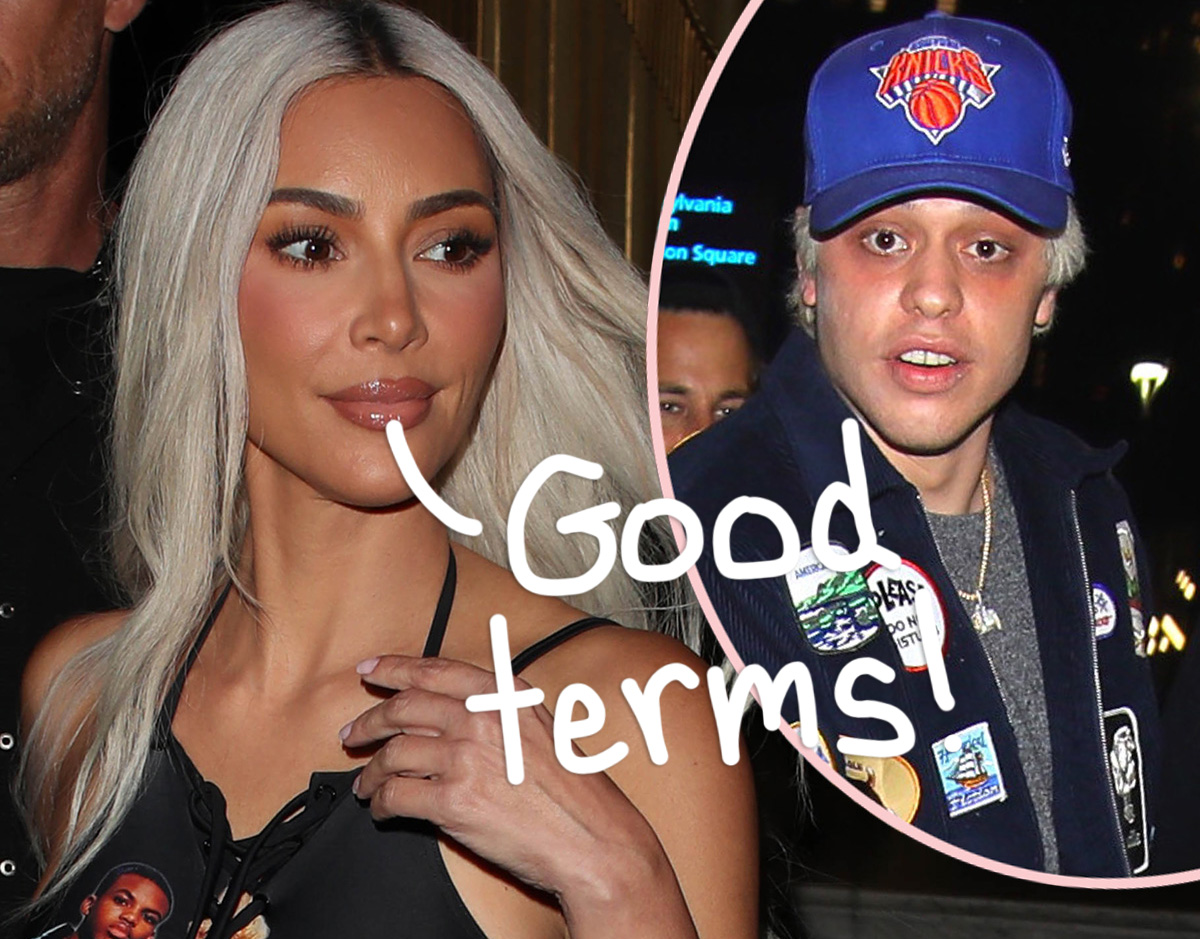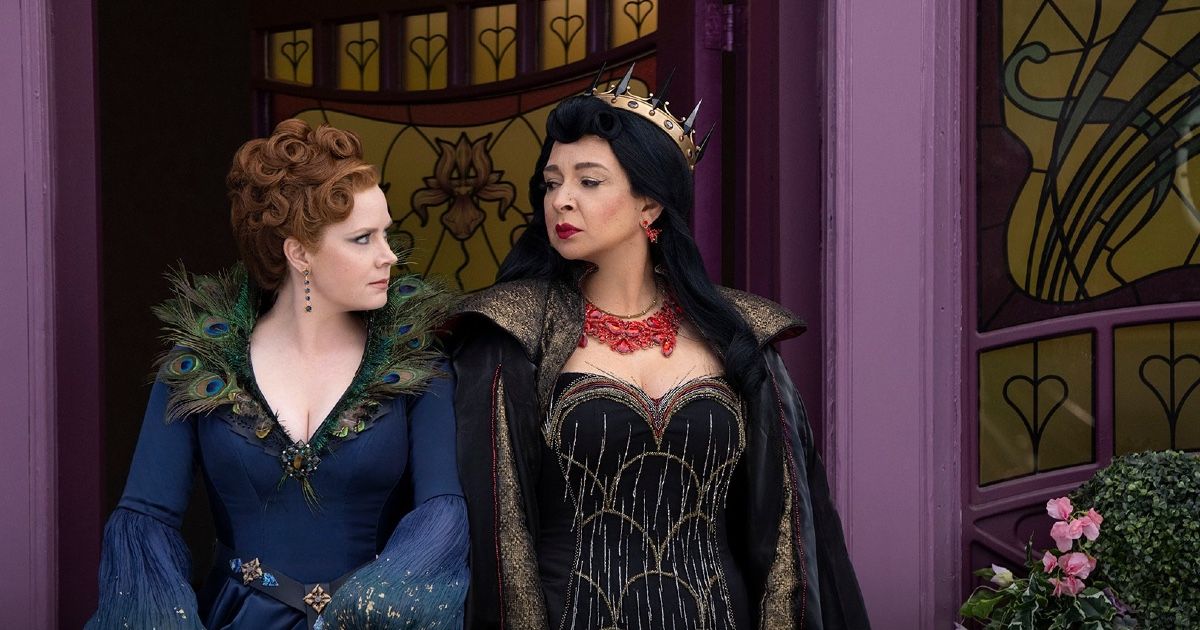#‘Shaq’ Review: HBO’s Shaquille O’Neal Doc Is Fun but Frivolous

Table of Contents
‘Shaq’ Review: HBO’s Shaquille O’Neal Doc Is Fun but Frivolous
By now, I’ve reached the point of pity for basketball luminaries like Jerry West and Magic Johnson and Pat Riley.
Because nobody paused and said, “Do we really need this?” there must have been a two- or three-month period in which they were sitting down with a different documentary crew every other day to retell the same stories about the Showtime Lakers, the Buss family and the transition from the ’80s Lakers dynasty into the ’90s Lakers dynasty led by Shaquille O’Neal and Kobe Bryant.
Shaq
The Bottom Line
Well-covered terrain elevated by a larger-than-life personality.
Already coming after HBO did the scripted version of this story with Winning Time, we’ve been treated to Apple TV+’s They Call Me Magic, Hulu’s Legacy: The True Story of the LA Lakers and now we’re about to wrap 2022 with HBO’s Shaq.
On a purely practical level — and I’m a practical guy — the four-part Shaq is completely unnecessary. The second and third episodes of Shaq recount the same Lakers saga covered in the middle episodes of Legacy, but with fewer voices and much less candor and depth. Most of the first episode is dedicated to the early chapters of Shaquille O’Neal’s life and his tenure with the Orlando Magic, previously chronicled in the middle-tier ESPN 30 for 30 film This Magic Moment.
Only the fourth episode, from his trade to the Heat to his current tenure as a television talking head and relentless commercial pitchman, is “new” and features some of the more emotional elements in the series. But it covers 18 years of terrain in 45 rushed minutes, and its “Hey, Shaq became a businessman!” revelations are near-identical, by design, to the similar chapter in They Call Me Magic. Anyway, it’s not like Shaquille O’Neal says “No” to many interview opportunities nor like he’s a cagey individual, so “Shaquille O’Neal tells all!” — especially when he really mostly doesn’t — is only a limited incentive.
On a generous level — and I’m also a generous guy — one of my most frequent complaints about biographical docs is when they take a dry, distanced approach to their subject and don’t let that subject’s personality influence the storytelling aesthetic at all, and in Shaq, director Robert Alexander has absolutely made a documentary that is informed by Shaquille O’Neal’s larger-than-life brand. Shaq the personality is bombastic and fun, so Shaq the docuseries is bombastic and fun, and it displays its myriad influences proudly. It isn’t the least bit revelatory and it comes across only as the version of Shaquille O’Neal’s life that Shaquille O’Neal would want to have covered, but there’s enjoyment to be had here.
“This is a true story, told by Shaq. So… you know,” reads the introduction to what is called “Film 1.” Shaq himself explains further, “The world knows I’m a bullshitter. Sometimes when you tell a story, you wanna add a little barbecue sauce.”
Alexander, who did similar personality-capturing duties on the Kid Cudi-centric A Man Named Scott, lets Shaq’s bullshit steer the documentary, using the self-mythologizing Big Aristotle’s vaunted love of and centrality in broader popular culture as a device. Certain episodes are structured with cheeky animation or video game influences and interludes. Another is fueled by silent movie intertitles and musical choices, albeit without any clear justification because no matter how much Shaq’s love of comic books and hip-hop and other mainstream art forms is established, it’s much harder to pinpoint what appreciation he has for silent movies or what silent movies Alexander is paying homage to. As best I can figure, the silent movie segments are meant to reflect how Shaq’s particular flavor of supersized heroism or unapologetic villainy — if you happened to root for any of the teams he bullied relentlessly over 10+ years — harkened back to a simpler time.
The series is structured around lessons conveyed by Shaq’s sainted mother Lucille and his stern-but-loving military dad, around tall — 7 foot 1 — tales told by members of O’Neal’s inner circle and around amusing and amused overlapping versions of similar stories from Shaq’s migratory childhood, his college tenure and NBA days. The series is at its best when you get small variations of memories from siblings and former coaches and teammates, with those deviations underlining Shaq’s narrative barbecue sauce.
In addition to the aforementioned media nods, Alexander’s bag of tricks includes rotating leather interviewing chairs — rarely justifying the rotation — small symbolic re-enactments and splashes of onscreen text, charts and other pieces of chaotically font-ed busy-ness. It’s a lot, but it’s never boring even when you get a talking head like Jeanie Buss or Penny Hardaway who you know you’ve seen recite the same anecdotes in other films, usually better.
I don’t have a clue if I would even want Shaq to be full of self-reflective insights. The fourth episode, in which he gives truncated, but still sincere, thoughts on the deaths of Kobe Bryant and his father and admits to his youthful failings as a husband and dad, comes the closest. It’s honestly surprising when you get anything that seems off-script, like a snapshot of the strained relationship between Shaq and Lakers trainer Gary Vitti, another of those people who are on their third major sports documentary appearance of the year.
More frequent, though, is Shaq sharing the things he wants to share and Alexander scrambling to give connective tissue. Somehow Shaq goes from being an inept oversized adolescent to a decent German high school player to suddenly the best player in the United States in his junior year of high school without much of an arc. His journey from college benchwarmer to superstar boils down to, “Stanley Roberts got hurt.” If you don’t know anything about the decline of the Orlando Magic you’re not going to get more than, “Yup, egos” — This Magic Moment, which had Shaq and Penny sit together for their interviews, did MUCH better with the dynamic that facilitated their rise and then fall. His struggles with free-throws and the origins of the notorious Hack-a-Shaq defensive strategy can’t be avoided, but that doesn’t mean I gained any new understanding. This is perhaps the blandest version I’ve ever seen of the tensions between Shaq and Kobe. Etc., etc.
Once Shaq was destined to be frivolous, I wished it had given me even more frivolity. Shaq’s rap career is boiled down to one story about an Arsenio Hall appearance with Fu-Schnickens. His acting career is reduced to a dull mention of Blue Chips, but nary a discussion of Steel or Kazaam or countless cameos and TV shows. It’s strange how Ernie Johnson is the only member of O’Neal’s TNT studio team to make himself available.
After an opening episode that runs over an hour, Shaq quickly settles into a 45-minute-episode rhythm, which is at least appropriately fast-moving for a show about a man nicknamed “Diesel.” But can we please take a break here? There are other stars, franchises and even sports that could probably use a little shine.
If you liked the article, do not forget to share it with your friends. Follow us on Google News too, click on the star and choose us from your favorites.
For forums sites go to Forum.BuradaBiliyorum.Com
If you want to read more Like this articles, you can visit our Social Media category.




